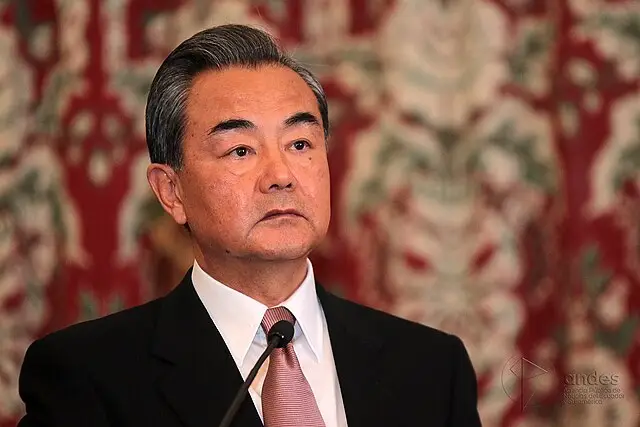Pahalgam terror attack: China’s Wang Yi speaks to Pak counterpart, backs ‘impartial’ probe

Pahalgam Terror Attack: China Supports ‘Impartial’ Investigation
The recent terrorist attack in Pahalgam, Jammu & Kashmir, killed at least 26 people, including Indian and foreign nationals. The incident has intensified tensions between India and Pakistan, while drawing global attention to the need for justice and regional peace.
The Attack’s Impact
On April 21, militants ambushed a convoy of tourists in Pahalgam, a popular town in Kashmir. The attackers, suspected of links to Pakistan-based extremist groups, killed 25 Indians and one Nepalese. The attack has raised concerns over security, especially in tourist areas.
The Indian government condemned the attack and blamed Pakistan for harboring the perpetrators. Authorities increased security in Pahalgam and other tourist spots, which are known for their beauty and the Amarnath pilgrimage.
China Calls for a Neutral Inquiry
In a surprising development, China urged for an impartial investigation into the attack. Foreign Minister Wang Yi spoke with Pakistan’s Foreign Minister Bilawal Bhutto Zardari, expressing support for a transparent probe. He emphasized that both India and Pakistan should work with international bodies to uncover the facts.
China’s stance aims to calm tensions in the region and promotes stability, as the nation has consistently advocated for the elimination of terrorism globally.
Pakistan’s Response
Pakistan quickly rejected India’s accusations, denying any involvement in the attack. Prime Minister Shehbaz Sharif insisted that the claims against Pakistan should be based on evidence, not allegations. He reiterated Pakistan’s commitment to peace and said the government would support a fair investigation.
Despite the diplomatic disagreement, Sharif’s government maintained its stance on combating terrorism while calling for dialogue between the two nations.
Global Condemnation
The international community condemned the violence, with leaders from the U.S., France, and Germany offering condolences. President Joe Biden, President Emmanuel Macron, and Chancellor Olaf Scholz voiced their support for India and urged greater global cooperation against terrorism.
The United Nations also condemned the attack and called for a swift investigation. Secretary-General Antonio Guterres reaffirmed the UN’s commitment to fighting extremism worldwide.
Regional Tensions and Future Outlook
This attack has escalated tensions between India and Pakistan, which have long been at odds over Kashmir. Both countries face internal and external pressures on the issue. The attack further complicates efforts for peace, and the response will determine the next steps in the conflict.
China’s support for an impartial inquiry might help foster international involvement in mediating between the two nations. However, it remains uncertain whether India and Pakistan can agree on a path forward or if they will continue to blame each other for the violence.
Both countries are likely to strengthen security measures in Kashmir, where cross-border terrorism remains a threat. The next few weeks will be critical in shaping the future of the region’s stability.
Conclusion
The Pahalgam terror attack has become a flashpoint in the India-Pakistan conflict, drawing attention from international leaders, including China. The calls for a fair investigation show global concern for justice. The outcome of this probe and the ongoing diplomatic tensions will shape the future of South Asian relations.






